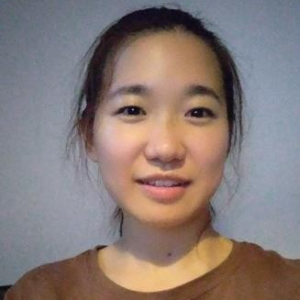Abstract:
Cancer vaccines based on peptide antigens aim at activating T cells and mediate tumor- specific killing, leading to durable tumor regression and prolonged survival. However, the poor efficiency of unformulated peptide antigen at generating antigen-specific CD8+ T cells in vivo remains a major limitation. Indeed, formulating peptide antigens into nanoparticles leads to improved uptake by antigen presenting cells and cross-presentation to T cells. Regarding the latter, co-delivery of peptide antigen with molecular adjuvants that induce innate immune activation, and thereby shape the magnitude and type of the adaptive T cell response, is of great relevance. Due to the broad variability in amino-acid sequence, nanoparticle formulation of peptides and co-formulation with molecular adjuvants that also differ in physicochemical properties remains a daunting task. Here we propose a generic strategy to formulated peptide antigens into lipid nanoparticles (LNP) by extending the amino acid sequence of the peptide antigen epitope with 10 glutamic acid residues, thereby endowing the resulting peptide with an overall anionic charge that allows for formulation into LNPs by electrostatic interaction with an - in house newly developed - cationic ionizable lipid and helper lipids in analogy to mRNA LNP formulation. Interestingly, formulation into LNPs containing an ionizable lipid can promote delivery of peptide antigen into the cellular cytoplasm and thereby improve cross-presentation of antigen. We demonstrate that in vitro and in vivo in mouse models, LNP-formulated peptide antigen shows a vast improvement in cellular uptake, while co-formulation with an imidazoquinoline TLR7/8 agonist IMDQ induces robust innate immune activation in a broad range of immune cell subsets in spleen. On the level of the adaptive immune response, we found that LNP loaded with E7 and IMDQ induces high levels of antigen-specific CD8+ T cells in the blood that can suppress the growth of E7-expressing tumors.
Audience Take Away Notes:
- For clinical workers, they will find a novel cancer vaccine based on the peptide antigen and TLR agonist, this cancer vaccine performed good on tumor prophylactic model and therapeutic model
- For basic researchers, this work provides a simple, efficient and generic strategy to co-encapsulate peptide antigen and a TLR agonist IMDQ in a lipid nanoparticle (LNP) platform. This LNP platform was successfully used as COVID-19 mRNA delivery method, which demonstrates its potential for clinical translation




